Did Romans Drink Coffee? What was their Morning Routine?
Coffee was totally unknown to Romans and breakfast was irrelevant for them.

Romans did not even know the existence of coffee. Caffeine was not part of their morning or afternoon ritual, and normally they did not even have breakfast.
Where was coffee first consumed?
The first reliable evidence of coffee consumption and awareness of the coffee tree dates back to the mid-15th century, according to the writings of Ahmed al-Ghaffar in Yemen. It was there that coffee beans were initially roasted and brewed in a manner similar to today's methods. Sufi communities utilized coffee to stay awake during their religious ceremonies.
In Ancient Rome, coffee was unknown since it did not become popular in Europe until the 17th century. Instead, the Romans had a variety of other beverages they consumed throughout the day, including in the morning.
The origins of coffee are somewhat unclear, but it seems to have originated around the Red Sea or the Horn of Africa. Recent academic studies have identified ancient coffee forests in modern-day Ethiopia. The Romans, in simple terms, did not have access to coffee because their empire never expanded far enough into eastern Africa, where coffee was first consumed.
Although this region is geographically close to the Roman Empire, there are no signs of coffee being used or cultivated until at least the late sixth century, which is well after the fall of the Western Roman Empire. Even then, coffee's use appears to have been confined to that region for several more centuries.
Roman expansion, particularly under Emperor Trajan, focused more on creating buffer states rather than pushing deeper into Africa. While it is possible that a few Roman traders might have encountered coffee through these client kingdoms, such interactions would have been rare. Despite Rome's trade connections with India, northern African kingdoms, and even China towards the end of the empire, there is no evidence that coffee was brought back to Rome or any major province.
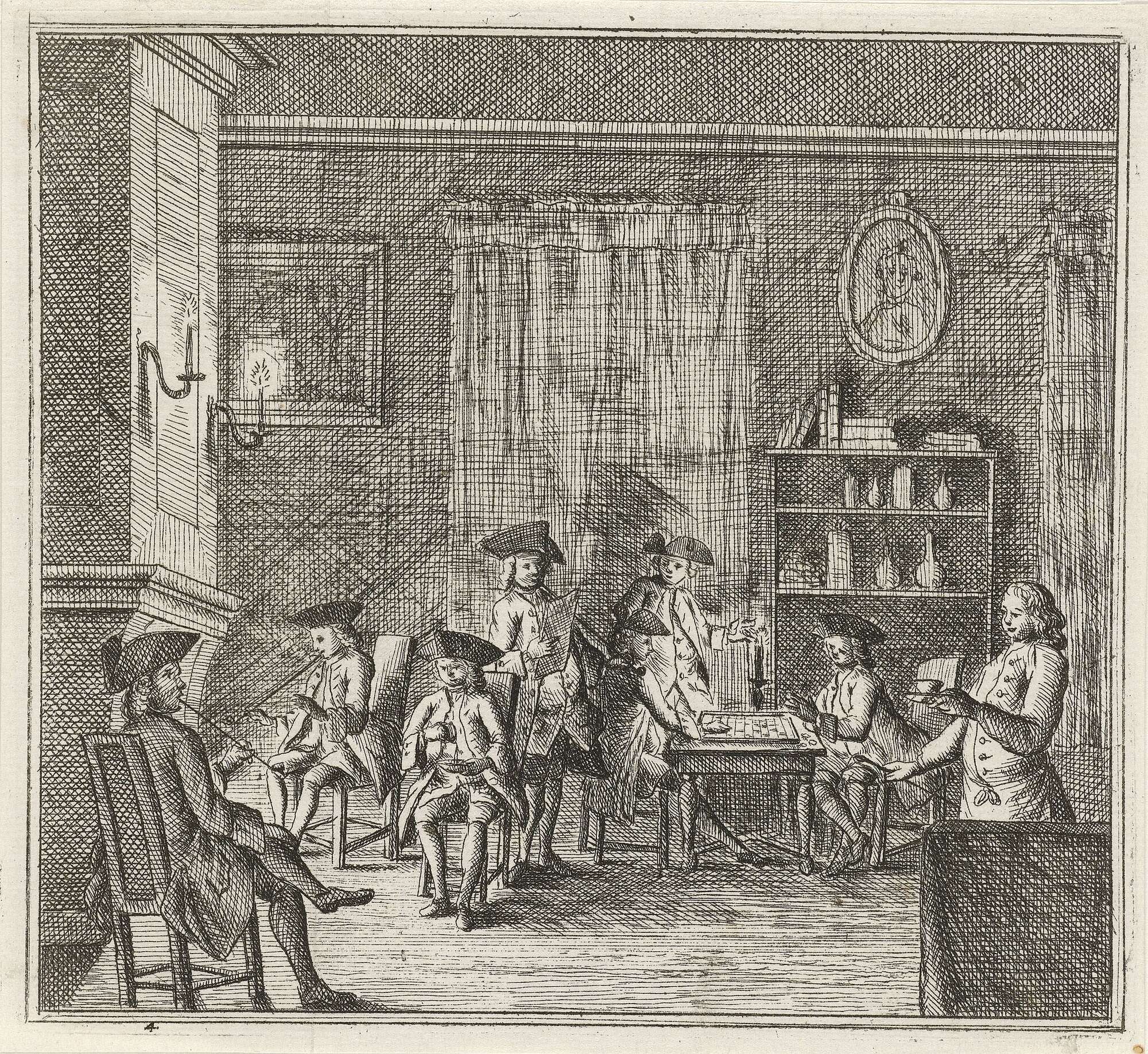
What was the morning routine of Romans?
Food historian Caroline Yeldham claims that: "They were obsessed with digestion, and eating more than one meal was considered a form of gluttony. This thinking impacted on the way people ate for a very long time."
Ientaculum or jentaculum or breakfast in ancient Rome, was a minor meal typically eaten at dawn. It was not considered important enough to be a family gathering. Some sources claim that normally the poor people (plebeians) had some bread or some fruit and maybe dipped their bread in some watered wine. They could not of course cook because they could not start a fire in the insulae they were living.
For the rich Romans some sources claim that they could have some eggs or meat for breakfast, but normally they did not. As aforementioned, they believed only one meal per day is enough.
Still, Jérôme Carcopino, in his book Daily Life In Ancient Rome, claims that:
" Their breakfast consisted of a glass of water swallowed in all haste. They did not waste time in washing for they knew they would be going to bathe at the end of the afternoon, either in their private balneum if they were rich enough to have had one installed in their own house, or else in one of the public thermae."
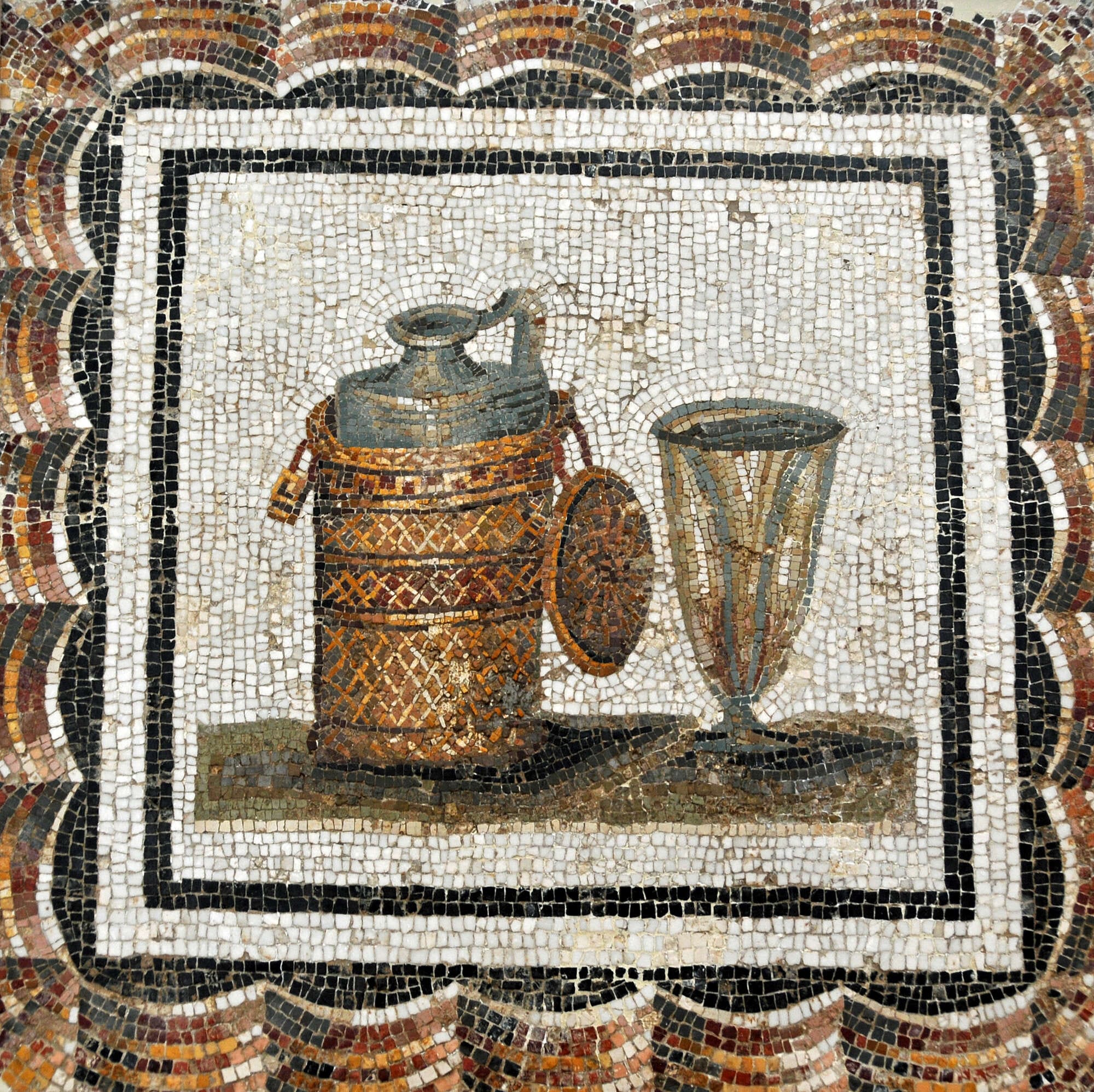
In simple terms, Romans just drank a glass of water in the morning.
Bottle protected by a sheath of straw and a glass cup, El Jem, 3rd century AD, CC-BY-SA-2.0
What did Romans drink instead of coffee?
Romans did not have coffee, but they had various drinks that they were enjoying or drinking for a specific reason. One of them was posca.
It was not consumed by the elite, but by plebs, workers and soldiers who could not afford a good cup of Falernian wine. Posca was ¼ vinegar and ¾ water and was believed to provide strength, whereas wine induced intoxication.
One of the most famous uses of posca was the biblical record of a Praetorian Guard offering Jesus a sponge soaked in posca while on the Cross, an act of compassion rather than cruelty. During their renowned banquets, Romans placed an acetabulum, a bowl containing vinegar, on the table for diners to dip bread and cleanse their palates between courses, aiding digestion. Additionally, many recipes from Apicius, a renowned first-century AD epicurean, prominently featured vinegar.
per se haustum fastidia discutit, singultus cohibet, sternumenta olfactatum, in balineis aestus arcet, si contineatur ore (…) medetur pota hirudine, item lepris, furfuribus, ulceribus manantibus, canis morsibus, scorpionum ictibus, scolopendrarum, muris aranei contraque omnium aculeatorum venena et pruritus.
Pliny the Elder, Natural History, Book 23

Where was Posca mainly used in Ancient Rome?
The simpler, non-medical version of posca, commonly consumed by the general populace and the army, was straightforward. It might have been sweetened with a bit of honey and flavored with a few spices. Even without these additions, vinegar water was surprisingly effective at quenching thirst.
Posca might not have been designed as an energy drink, but it certainly had that effect. Until you have marched under a scorching sun with a heavy pack, you can't fully appreciate the invigorating impact of lemon or vinegar—they truly rejuvenate you. Combining water for hydration, vinegar for stimulants and nutrients, some honey for the energy from the sugars, posca effectively alleviated exhaustion and stress.
For a soldier receiving his vinegar ration, posca was a true relief after a grueling march. Some generals and emperors also drank posca, either out of austerity or for show. Plutarch notes that Cato the Elder drank only water while on campaign, except when extremely thirsty, at which point he allowed himself some posca. If his strength waned, he would drink a bit of diluted wine. According to the Historia Augusta, Emperor Hadrian (117-138) enjoyed living like his soldiers, eating bacon, cheese, and posca with them.
For the army, another benefit of vinegar water was its non-alcoholic nature, as drunkenness was detrimental to battlefield performance. Affordable, antiseptic, and thirst-quenching, posca even found its way into Roman gastronomy.
Vinegar was also purifying the water that was not always so safe to drink from wells (safer from fountains in Rome, but not all people had access to them) and killed bacteria. Posca essentially gave Romans the necessary energy and nutrients they needed. Although it had energizing properties similar to coffee, it was not favored by the Roman populace, with Roman soldiers, in particular, disliking the drink.
It wasn't until the later period of the Roman Empire, when emperors and generals began to consume the bitter beverage in solidarity with their troops, that posca started to gain acceptance.
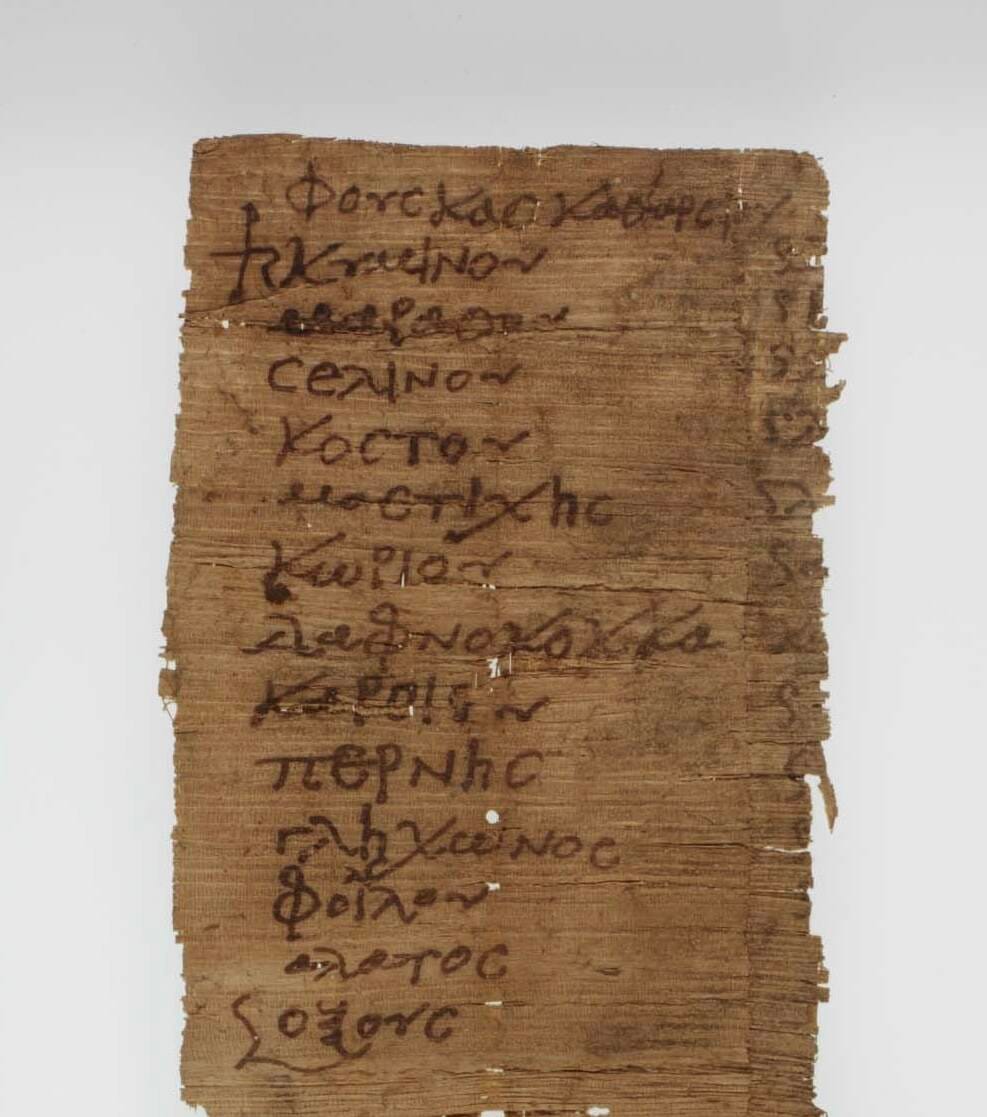
Vinegar’s medicinal virtues for the Romans
Pliny the Elder, in his comprehensive work The Natural History, details the numerous medicinal virtues of vinegar. He emphasizes its role as an effective antiseptic, commonly employed to clean wounds and prevent infections. Vinegar's astringent properties were particularly valued for their ability to reduce inflammation and soothe certain types of pain. Additionally, Pliny notes that vinegar mixed with water could act as a cooling agent, providing relief from heat-related ailments and fevers.
Moreover, Pliny highlights vinegar's efficacy in treating various forms of poisoning, suggesting that it could counteract the toxic effects when administered appropriately. He also discusses its benefits for digestion, especially when combined with honey or specific herbs to enhance its therapeutic effects. Vinegar's ability to stimulate appetite and aid in the digestive process made it a staple in Roman medicinal practices.
Pliny's detailed accounts reflect vinegar's versatility, showcasing its integration into both medical treatments and everyday life. Its widespread use in Roman times underscores its importance, not just as a culinary ingredient but as a cornerstone of ancient medical practice. For a deeper dive into Pliny's observations on vinegar, you can explore his work here.

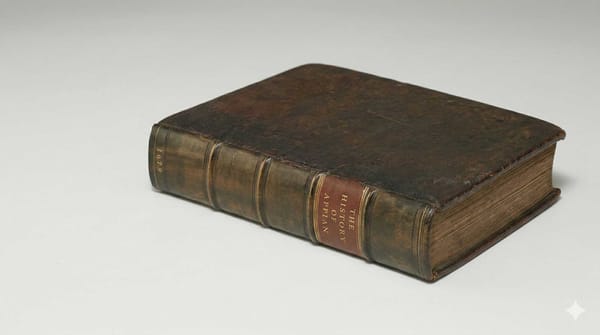

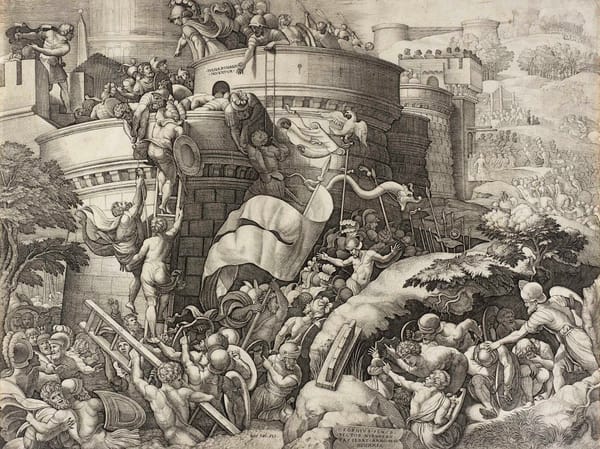
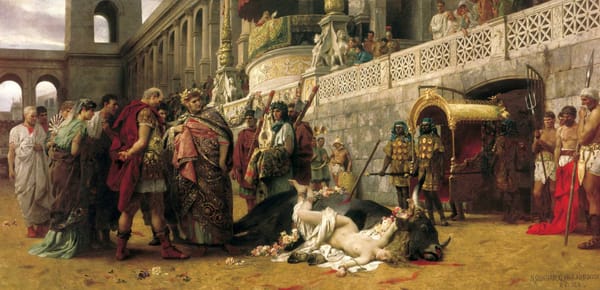
About the Roman Empire Times
See all the latest news for the Roman Empire, ancient Roman historical facts, anecdotes from Roman Times and stories from the Empire at romanempiretimes.com. Contact our newsroom to report an update or send your story, photos and videos. Follow RET on Google News, Flipboard and subscribe here to our daily email.
Follow the Roman Empire Times on social media: